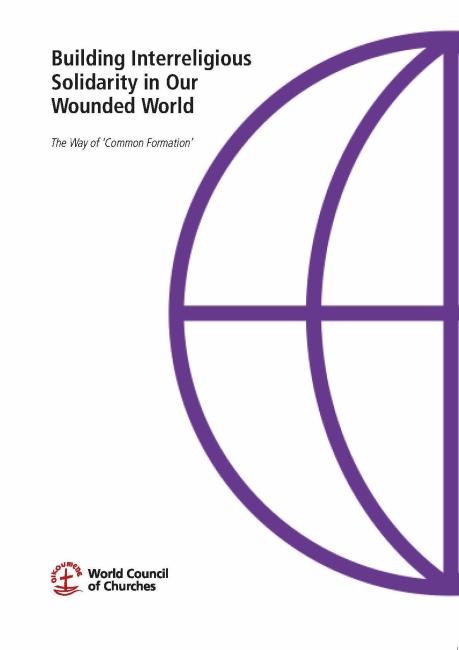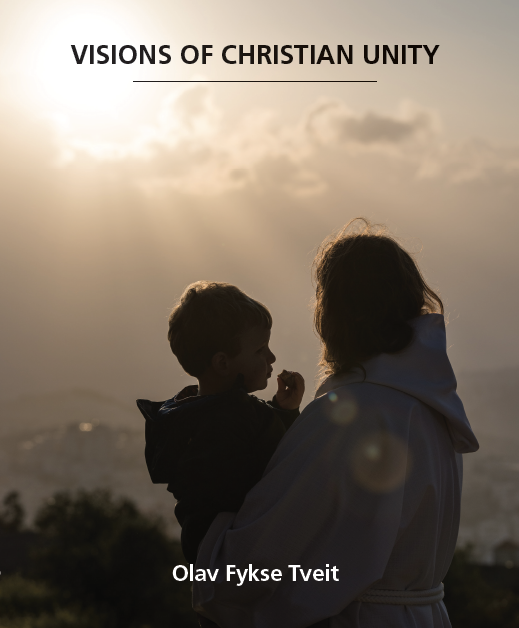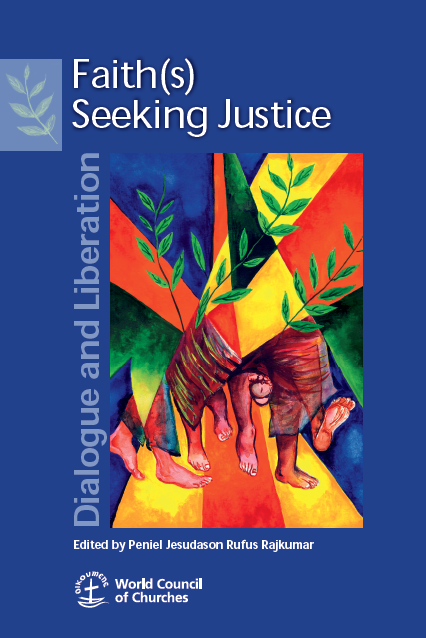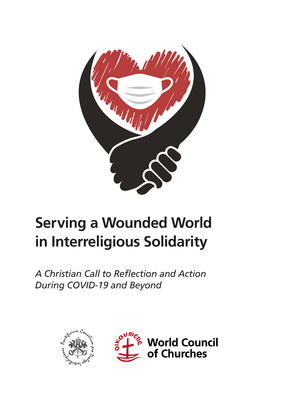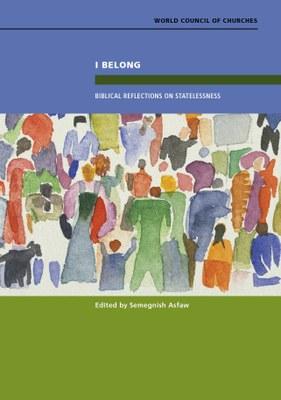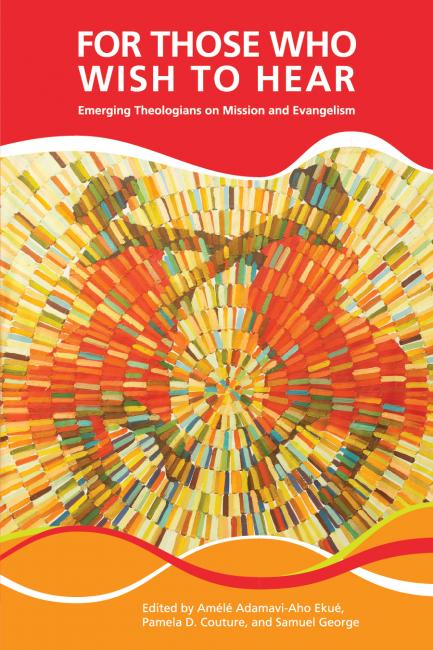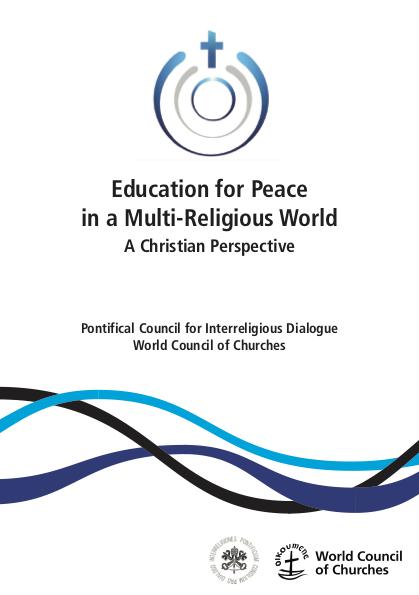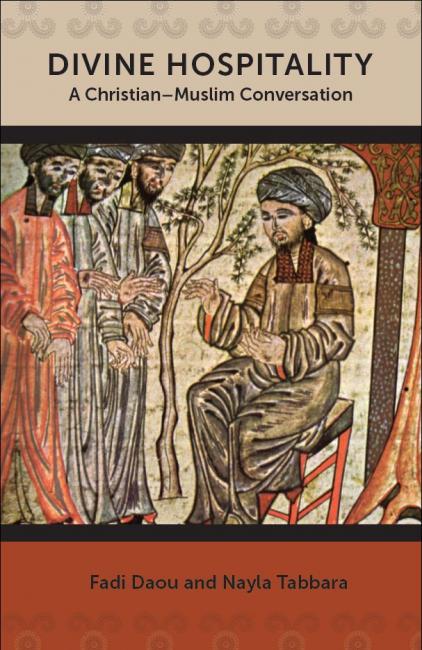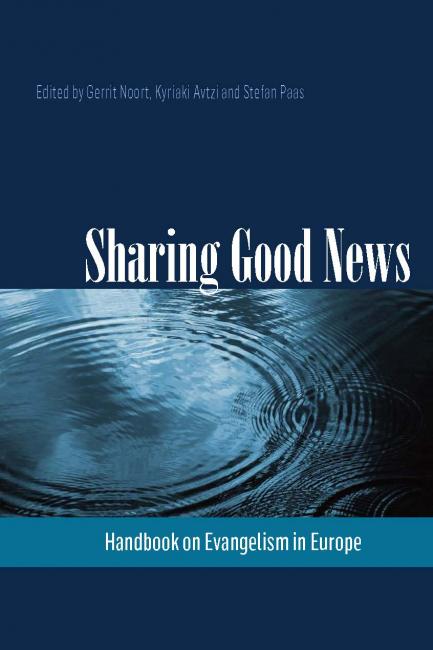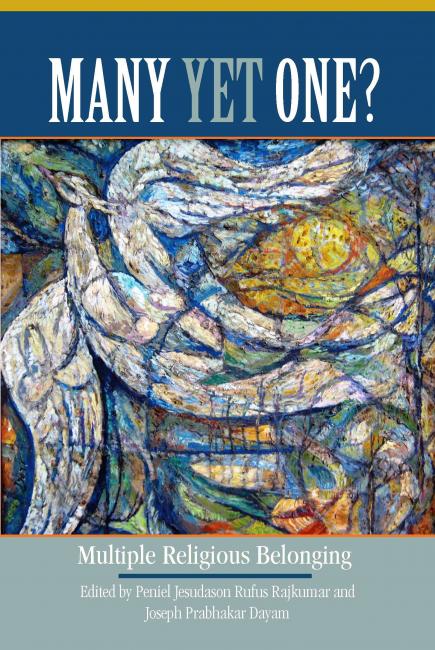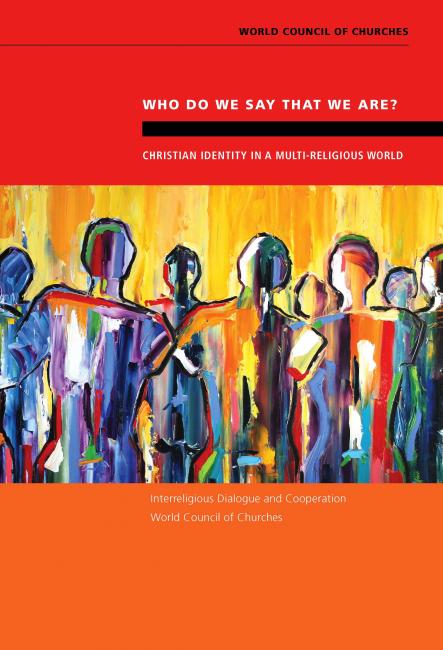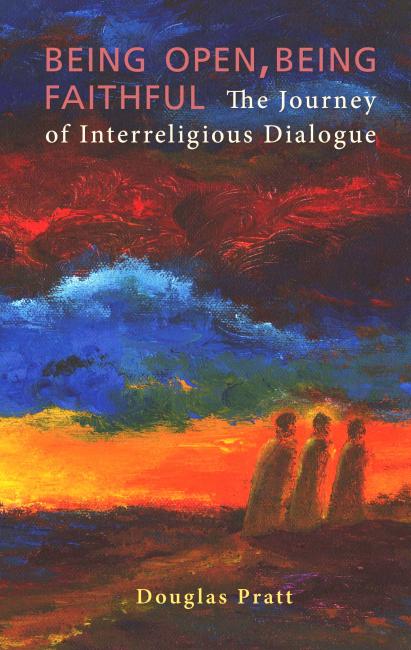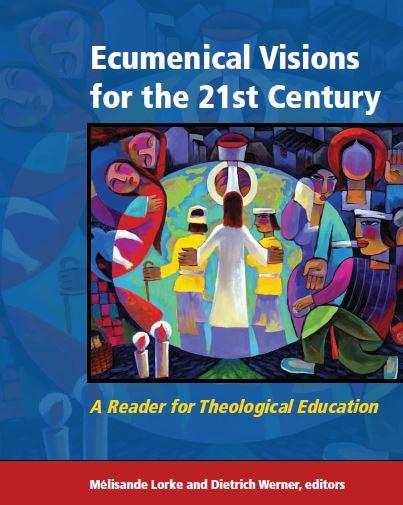Displaying 1 - 20 of 21
Visions of Christian Unity
24 August 2022
Love and Witness
Proclaiming the Peace of the Lord Jesus Christ in a Religiously Plural World
18 January 2021
Serving a Wounded World in Interreligious Solidarity
A Christian Call to Reflection and Action During COVID-19 and Beyond
25 October 2020
I Belong: Biblical Reflections on Statelessness
Biblical Reflections on Statelessness
12 October 2020
Current dialogue
18 December 2018
Peace-ing Together Jerusalem
03 June 2014
Religion Power Politics
01 September 2013
